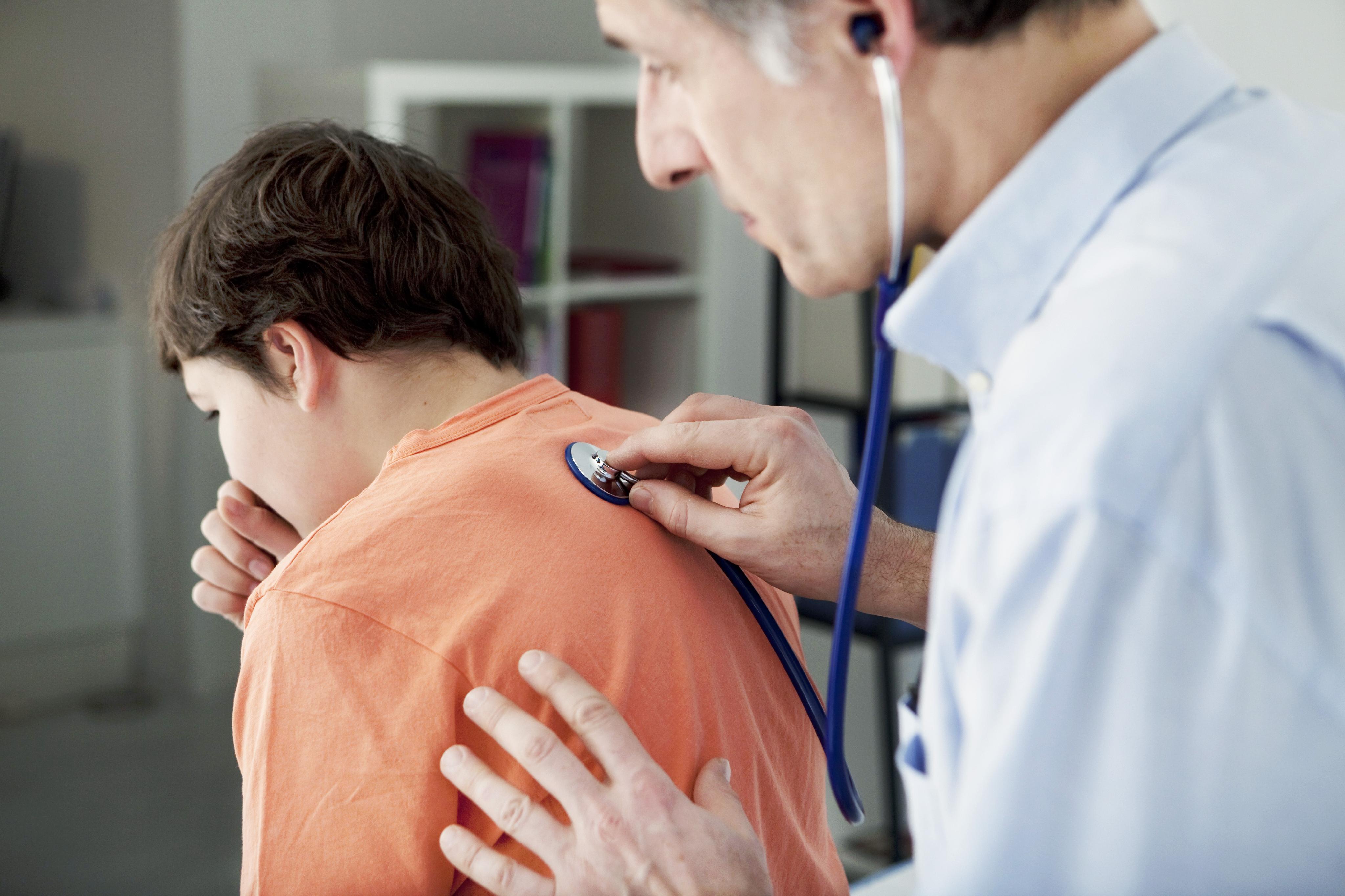Whooping cough, also known as pertussis, is a highly contagious respiratory illness caused by the bacterium Bordetella pertussis. It is characterized by severe coughing fits that can make it difficult to breathe, eat, and sleep. Whooping cough can be serious, especially for babies and young children, and can sometimes lead to hospitalization.
Symptoms of whooping cough usually develop within 5 to 10 days after exposure to the bacteria and can range from mild to severe. In the early stages of the illness, whooping cough may resemble a common cold, with symptoms such as a runny nose, low-grade fever, and mild cough. As the infection progresses, the coughing fits become more severe and may be accompanied by a distinctive “whooping” sound when the person tries to inhale after coughing. Other symptoms of whooping cough may include:
Vomiting or gagging after coughing fits
Difficulty catching their breath or turning blue during coughing fits
Exhaustion after coughing fits
Loss of appetite
Weight loss
Whooping cough can be particularly severe in babies and young children, who may have difficulty breathing and may develop a high-pitched “whoop” sound when they try to inhale after coughing. In severe cases, babies and young children may also develop pneumonia, which can be life-threatening.
The treatment for whooping cough involves a combination of antibiotics and supportive care to help manage symptoms. Antibiotics can help to shorten the duration of the illness and reduce the severity of symptoms. However, it is important to start treatment as soon as possible to prevent the spread of the infection to others. In severe cases, hospitalization may be necessary to provide supportive care, such as oxygen therapy and medications to control coughing fits.
In addition to seeking medical treatment, there are a few steps you can take at home to help manage the symptoms of whooping cough:
Get plenty of rest: Coughing fits can be exhausting, so it’s important to get plenty of rest to help your body recover.
Stay hydrated: Drinking fluids can help to thin out mucus and make coughing fits less severe.
Use a humidifier: A humidifier can help to add moisture to the air, which can help to relieve coughing and congestion.
Use over-the-counter cough medicine: Cough medicine can help to suppress coughing and make it easier to sleep. However, it is important to follow the instructions on the package and to avoid giving cough medicine to children under the age of 4.
Whooping cough can be prevented through vaccination. The whooping cough vaccine is typically given as part of the DTaP (diphtheria, tetanus, and pertussis) vaccine, which is recommended for children at ages 2, 4, 6, and 15-18 months, and again between ages 4 and 6 years. The vaccine is also recommended for adults, particularly those who are in close contact with babies and young children, such as healthcare workers and parents. It is important to keep up to date on your whooping cough vaccine to help protect yourself and others from this potentially serious illness.
In summary, whooping cough is a highly contagious respiratory illness caused by the bacterium Bordetella pertussis. It is characterized by severe coughing fits and can be particularly severe in babies and young children. The treatment for whooping cough involves a combination of antibiotics and supportive care, and the illness can be prevented through vaccination. It is important to seek medical treatment and follow recommended prevention measures to help protect yourself and others from this serious illness.

 Home
Home Health
Health Diet & Nutrition
Diet & Nutrition Living Well
Living Well More
More












